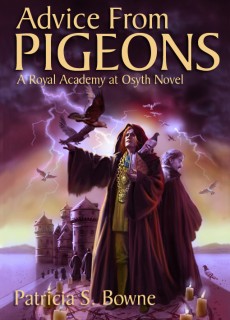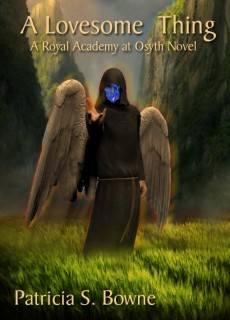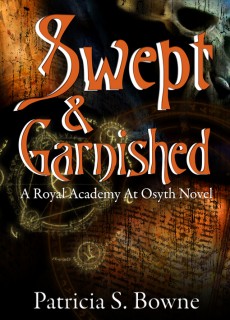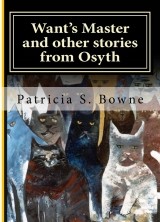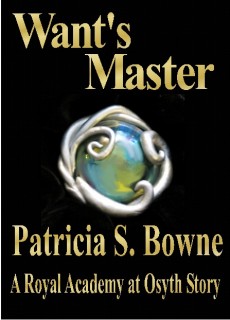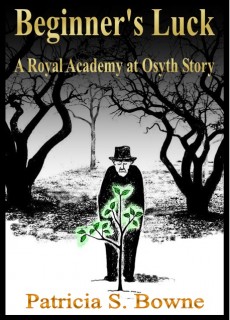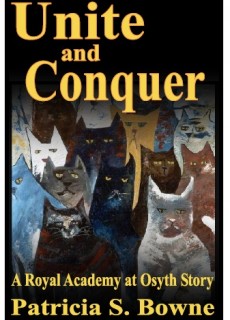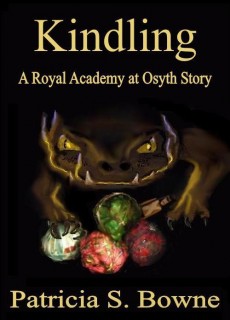Realizing that endings give me trouble, I’m paying closer attention to them. I read two books with unsatisfactory endings this week, and one with a thoroughly satisfying ending. 
‘The Baron in the Trees’ by Italo Calvino had an ending that fit perfectly with the text, yet left me unsatisfied in a way that made me realize I was dissatisfied with the book as a whole. I had followed the baron’s entire life, its ups and downs, and here I was saying to myself, ‘so what?’ How could such an unusual life story leave me with such an empty feeling, as if it had all been pointless?
I have to admit I have kept thinking about this book ever since I finished it. I want to figure out what the author was trying to do. The problem is that I can’t decide whether the author was really trying to do anything more than write a picaresque.
‘The Coffins of Little Hope’ by Timothy Schaeffert had a similar ‘what’s the point’ ending, but one that made me cringe because it’s just the kind I tend to write in first drafts. I stop the story without resolving any major plot points but with a ‘deep’ thought or something of the sort, on the grounds that Life Is Like That and it is Artistic and will leave the reader Something To Think About. My critique group then pounds on me. I’m not haunted by this book they way I’m haunted by Calvino’s, because the ending doesn’t match the rest of the book as well, and I can easily dismiss it as something that should have been fixed in a later draft.
So what does this tell me about what I want in endings?
First, I demand that the ending match the rest of the book, and look as if it was done on purpose and meant to pull things together.
Second, I want it to actually pull things together. But I appear to want more than that; I want it to offer Meaning, and I’m not sure what Meaning really is. I’m bugged by Calvino’s novel because it seems to chronicle a life without Meaning, but I admire it because I suspect it is meant to bug me in exactly that way, and raise exactly this question.
So, maybe the ending I found satisfactory will give me a clue about this mysterious ‘meaning’. 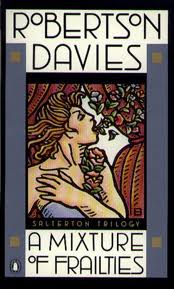
The satisfactory book was ‘A Mixture of Frailties’ by Robertson Davies, and the ending is in-between. Some plot threads are tied up neatly, some are left unresolved. The heroine is ready to make a decision, but we aren’t told what the decision will be. A life ends — actually two lives end — without it being clear what the points of them were. So why doesn’t any of this bug me?
I think it’s because Davies’ book is explicitly about making meaning. The question of ‘is there meaning?’ which hollows out Calvino’s ending is irrelevant to Davies, because his heroine is going to create her own meaning, whether objective Meaning exists or not. I didn’t want to be told the Meaning of Life, it appears, or reassured that life had Meaning; only to be along on someone’s search for it. What bugs me about Calvino’s book is that nobody in it even asks the questions.
The unfinished threads don’t bother me, because Davies has made his heroine deal with enough major issues for me to trust that she will deal with the others. Once again, I want to be involved in the search for Meaning. Schaeffert’s ending bugged me because its abruptness, and it’s ‘what the hell’ quality, broke what I had viewed as a contract between me and the author; I spend time reading the book, and the author delivers a serious search for Meaning.
I guess it isn’t surprising that a writer should demand books in which the protagonists create the stories of their own lives. When I look at the books on my shelf, the ones I like best don’t require the protagonists to be good, nice, heroic or intelligent. Only that their lives add up to a story that adds to their, and my, understanding.

